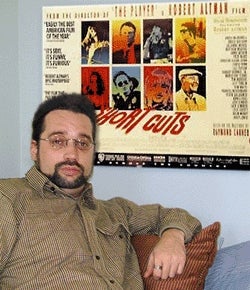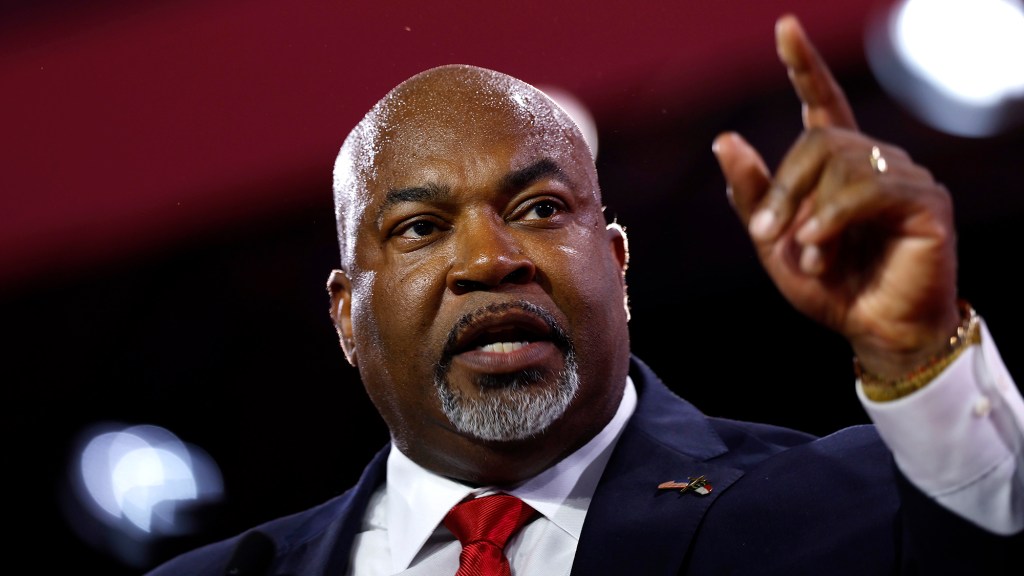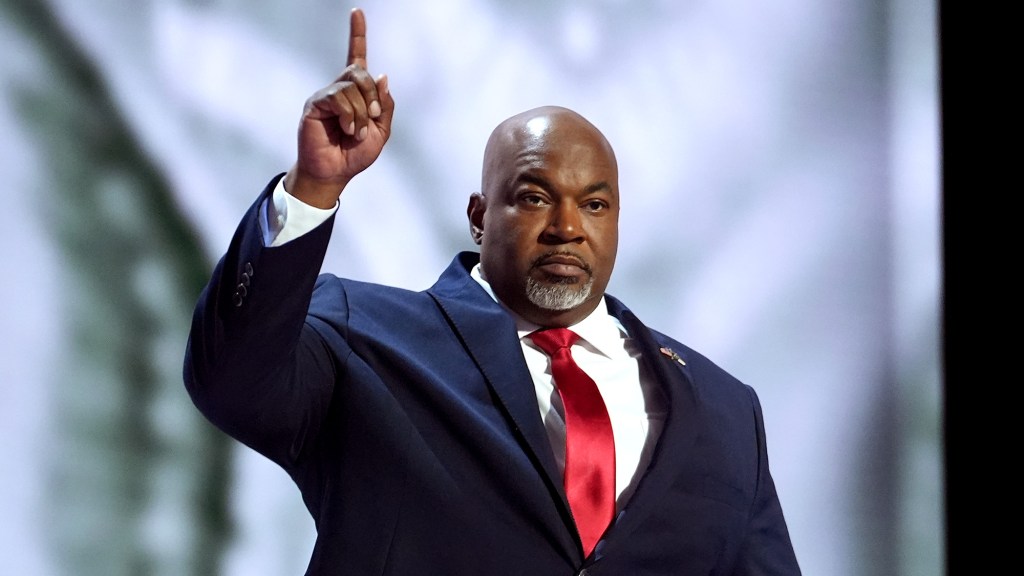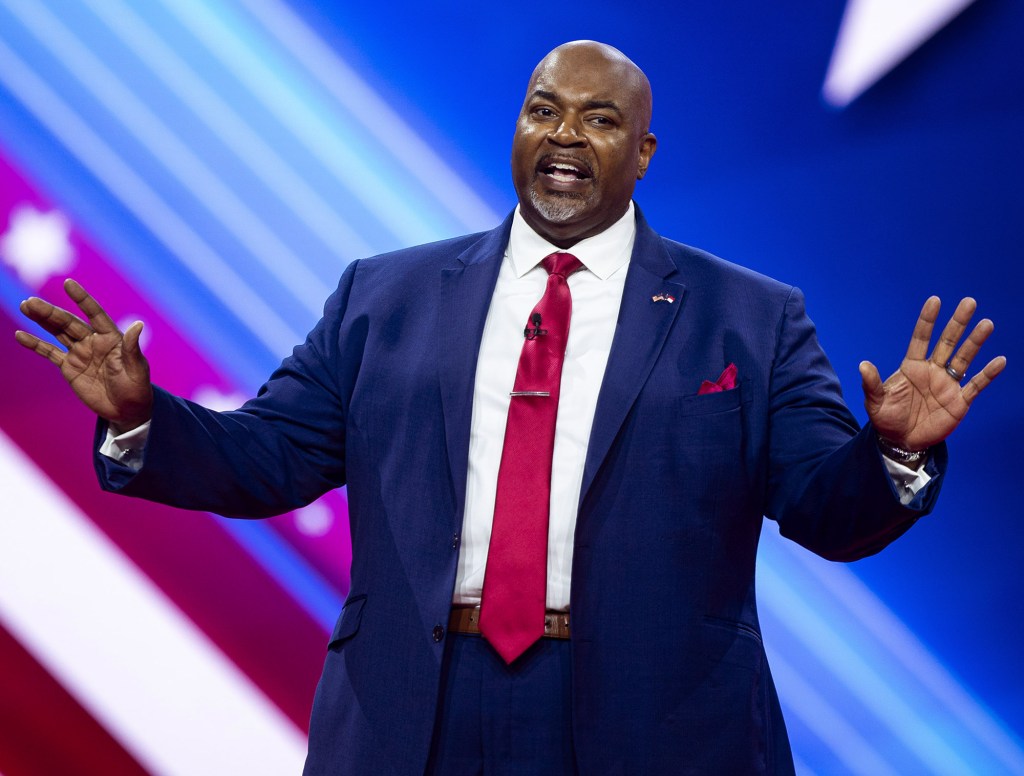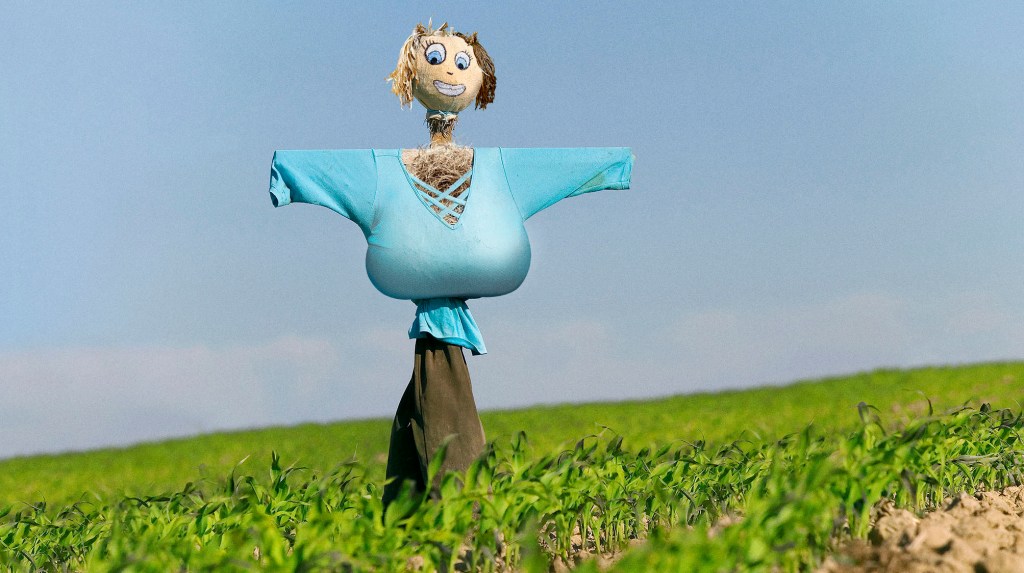AUSTIN, TX–Practically every single thing that occurs during the average day of film buff Murphy Gibson, 31, reminds him in some way of the films of Robert Altman, irritated sources reported Tuesday.
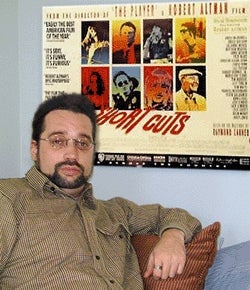
“The other night, Murph and I went to Perkins to get some coffee after the campus Kurosawa retrospective,” said roommate and fellow film buff Jerry Chaplin. “I figured for at least this one night, we could maybe talk about Kurosawa for a change, but no. Murph just kept going on and on about the huge American flag fluttering over the Perkins parking lot, talking about how the jarring juxtaposition of oversized political iconography with the crass commercialism of a family-dining chain was ’pure Altman.’”
“I mean, we’d just seen Rashomon and I Live In Fear, for chrissakes,” Chaplin said. “I appreciate Altman’s status as the premier maverick auteur of American cinema as much as the next guy, but give it a rest once in a while, you know?”
Gibson, described by friends as “excitable and somewhat high-strung” when discussing directors he admires, used to be captivated by the work of such major American filmmakers as Stanley Kubrick, John Cassavetes, and Martin Scorsese. In recent years, however, he has focused on Altman with “an almost maniacal single-mindedness” that those close to him call “unsettling.”
Gibson, known within Austin-area esoteric-film-appreciation circles as “possibly the only person on Earth who counts O.C. & Stiggs among his favorite films,” has long annoyed friends, relatives, acquaintances, and even people he just met in line at the grocery store with his Altman obsession.
During a February 1997 night out with coworkers, as the assembled group headed toward the parking lot behind the karaoke bar where they had spent the evening, he subjected them to a 10-minute dissertation on the famous murder sequence from The Player, even though only two of the 12 people present had seen the film.

In April 1998, he alienated the entire extended family of Keith Robbins, his sister Shelley’s then-fiancé, by comparing Robbins’ mother to “the duplicitous Louise Fletcher character from Thieves Like Us.” The situation was exacerbated when, several months later, he insisted on comparing aspects of Keith and Shelley’s wedding reception to many of the darker moments from Altman’s little-known 1978 ensemble film A Wedding.
Alarmingly, friends say Gibson’s insistence on finding everything he encounters Altmanesque is only getting worse.
“I’ll admit, Altman deserves credit for his innovative use of improvisational acting and the way he employs it to draw out the difficult and ambivalent moments in interpersonal relations, but Murph has really been getting out of hand lately,” said Karen Blakely, who met Gibson in the late ’80s while they were film-studies majors at the University of Texas. “The other day, I made the mistake of mentioning an article I saw about parents of deaf children who have difficulty relating to their kids. Suddenly, he gets this look in his eye. Before he could say anything, I told him, straight out, ’Murph, I swear to God, if you say one word about Ned Beatty’s character from Nashville, I’m gonna split your lip.”
The final straw, Blakely said, came last Monday, when a group of friends gathered at her house to watch Monday Night Football.
“We’re all watching the game, and this commercial comes on for KFC. Suddenly, Murph perks up and is all like, ’See that cartoon Colonel? With his little white beard, genteel Southern mannerisms, and frenetic, almost claustrophobic use of space, you know who he reminds me of?’” Blakely said. “I said, ’Murph, if you think that chicken mascot has anything to do with Robert Altman whatsoever, you are completely insane.’ It ruined the whole game for everybody.”
Asked for comment on his admirer, Altman, currently doing publicity for his upcoming film Dr. T And The Women, declined to pass judgment.
“I don’t think I should talk about people’s opinions of me or my films,” Altman said. “It has the effect of over-intellectualizing the interpretative process, a process that, in my opinion, is an essentially non-verbal one that does not lend itself to overly literal analysis. Each person takes something different from a particular film, and whether it was something I intended or merely an accident, that’s their own valid experience.”
“I mean, I’ve certainly never seen anything of myself in the KFC cartoon colonel, but if that’s Murphy’s perception, that’s what it is,” Altman continued. “What he brings to that cartoon Colonel is his own contribution, as a viewer, to the process as a whole.”


